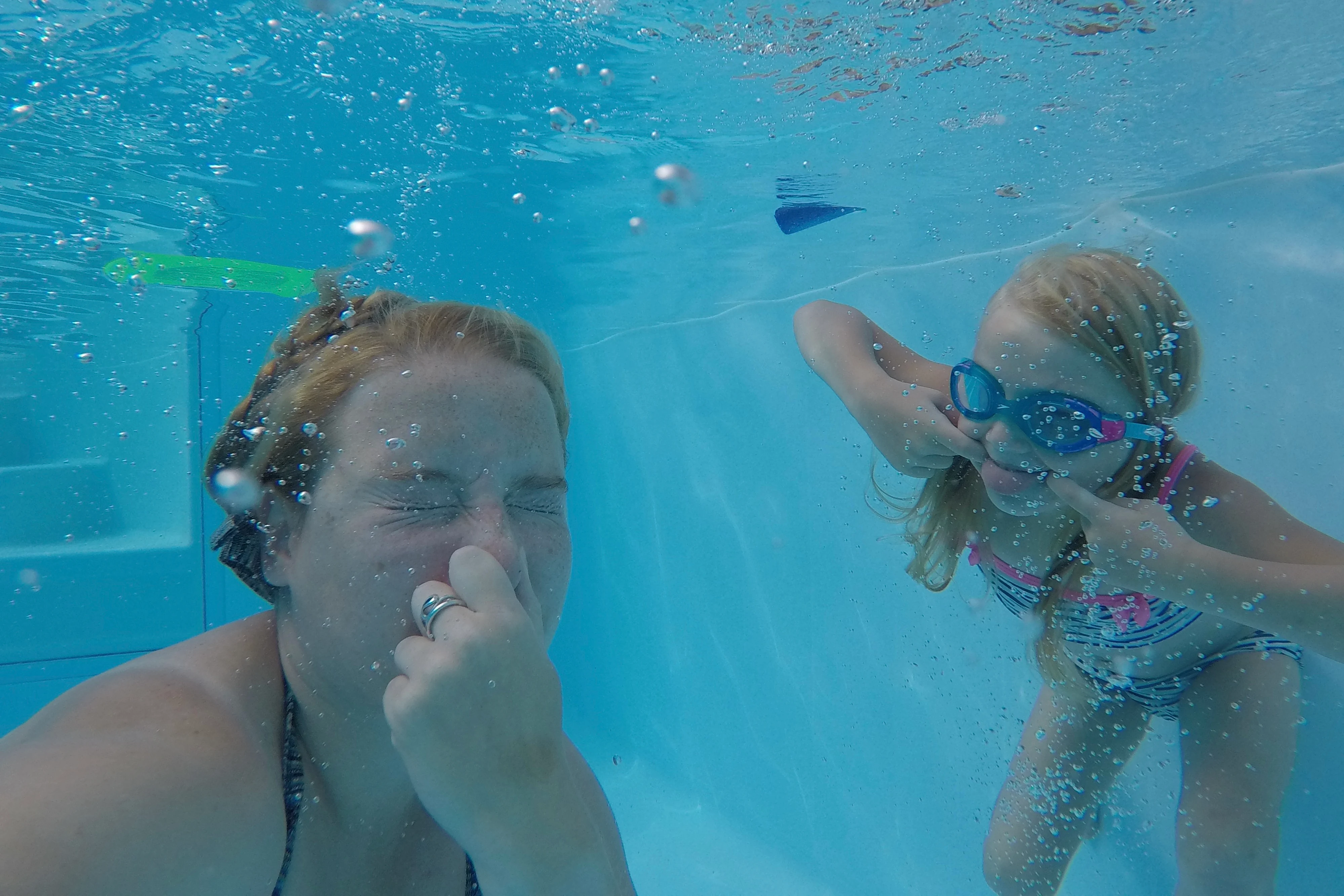(Post by another author) Swimming is an excellent form of fitness and a terrific way to have fun together as a family. Spending a day in the water together is one of the best ways to devote time with your loved ones. Unfortunately, inadequate planning for swimming is a common misunderstanding, which puts swimmers at risk.
While playing in water can be lots of fun there are unfortunately many accidents and deaths each year caused by downing, especially with young children. While these accidents are often not related to planned swimming sessions, teaching children about water safety will ensure they are safer around water, whether it's a pool, lake or just the bath.
The following are the water safety tips when swimming with your family;
Swimming Glasses
Goggles are the most effective method of protecting your eyes from the chemicals found in the swimming pool. The microbes and algae present in freshwaters, which may frequently cause eye illness and impaired vision, can also be protected against by using these swimming gadgets. In addition, if you require ray ban replacement lenses ensure you secure them early for planning purposes.
Supervise Your Kids When They Are in the Water
It is recognised that parents need time to unwind as well. When your kids are in the water, though, you must remain vigilant. According to basic guidelines, you should always be within the arm's reach of your young ones during swimming for any emergency.
Make sure you don't get distracted by your phone or other people and just enjoy being together! If there are other adults around, you may take turns monitoring the swimming pool, ensuring that everyone has an equal opportunity to unwind. Collaborating to safeguard your kids is the most effective method to avoid accidents.
Always Wear a Life Vest
Unskilled swimmers and children under the age of twelve who aren't competent swimmers should always wear suitable buoyancy aid like an approved life jacket while in or near water. Unfortunately, life-saving equipment gears cannot be substituted for the lack of readily available devices that promise to assist kids in remaining afloat, such as water wings. Only allow children to use these items if a responsible adult or parent is around for safety in water.
Never Swim Alone
Swimming should only be done while a lifeguard is on duty and not otherwise. Lifeguards are responsible for more than simply keeping an eye on the individuals in the pool. They are also responsible for keeping an eye on the water and advising swimmers on any safety issues or dubious situations that may occur. They are also taught to react rapidly in the event of a crisis or emergency.
No Running
It's not just in the water than children need to be careful, but around the pool. Children may need to be reminded that they shouldn't run near water, not only because wet floor is slippy and they might fall over and hurt themselves, but they could also trip and fall in the pool.
Do Not Play Breath-Holding Games
While holding your breath when jumping into the pool, diving or swimming under water is necessary children should be discouraged from playing competitive games where they try and hold their breat for as long as possible. This can lead to problems if they hold their breath for too long and they can't indicate that they are in trouble. Provide your kids with a clear understanding that contending to see who can hold breath the longest while submerged is harmful and should not be included in any water-related activities.
Conclusion
It doesn't matter how much fun you are having, family safety is always important. However, for effective and safety during family swimming activity, mentioned tips are highly recommended for a successful swimming practice.



.jpg)

.jpg)

.jpg)
.jpg)










No comments
Thanks for your comment (unless it's spam in which case, why?)